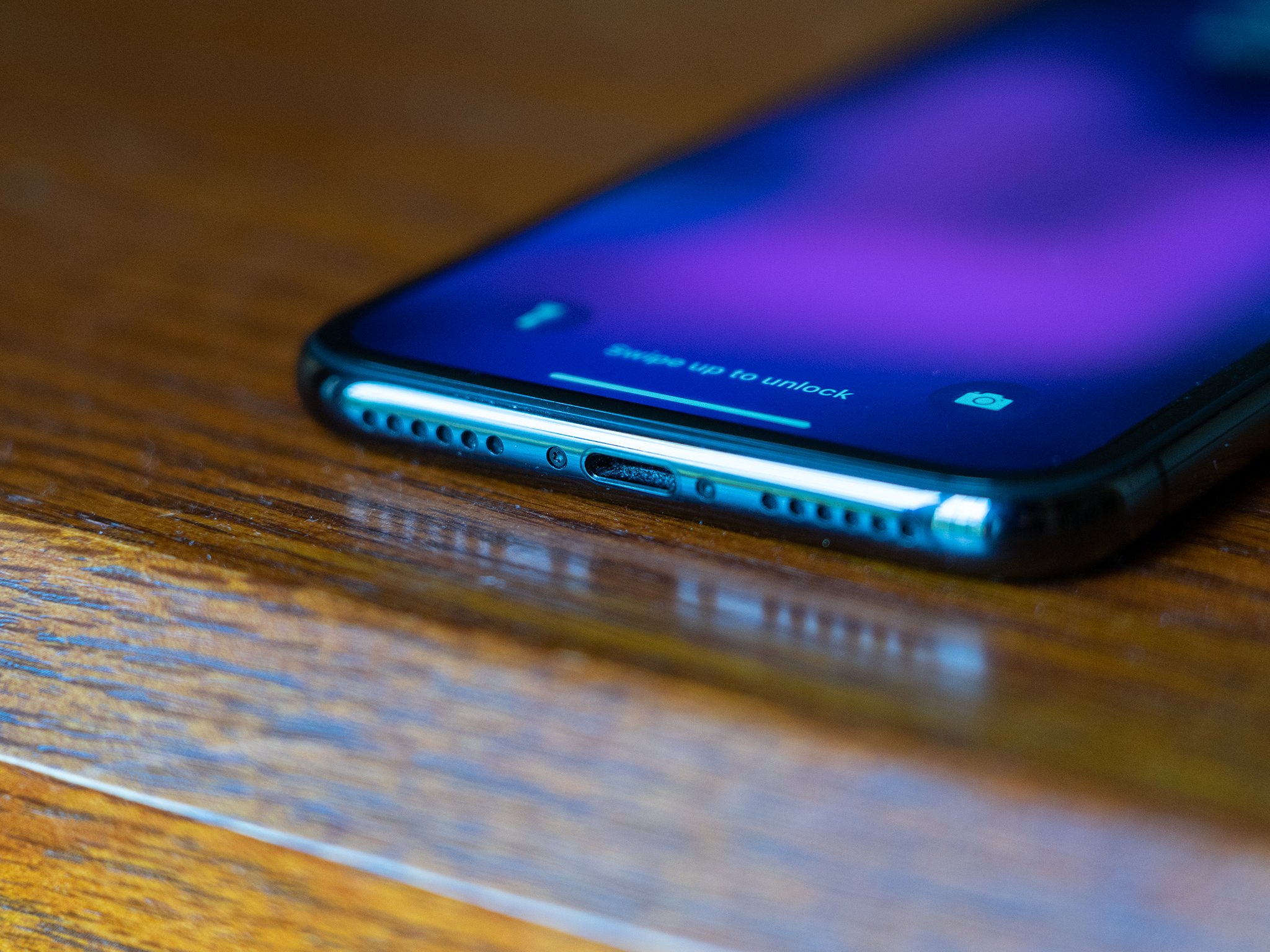It will also band the sale of bundled chargers with devices...
What you need to know
- The EU has finally unveiled its USB-C charging mandate proposals.
- The bloc also plans to ban bundling chargers with devices.
- It also wants harmonized fast charging technology.
The EU has today unveiled its long-promised plan to mandate USB-C charging across all manner of battery-powered tech in the bloc, including devices like Apple's future best iPhones, iPads, and more.
The Commission stated in a press release:
Today, the Commission takes an important step against e-waste and consumer inconvenience, caused by the prevalence of different, incompatible chargers for electronic devices. Years of working with industry on a voluntary approach already brought down the number of mobile phone chargers from 30 to 3 within the last decade, but could not deliver a complete solution. The Commission is now putting forward legislation to establish a common charging solution for all relevant devices.
The bloc reaffirmed that USB-C would become the standard charging port for "all smartphones, tablets, cameras, headphones, portable speakers and handheld videogame consoles."
The bloc also plans to end the sale of chargers bundled with electronic devices to reduce the environmental footprint of producing chargers, something Apple is ahead of the curve on having dropped the charger from the iPhone 12 box last year. Margrethe Vestager said "European consumers were frustrated long enough about incompatible chargers piling up in their drawers. We gave industry plenty of time to come up with their own solutions, now time is ripe for legislative action for a common charger. This is an important win for our consumers and environment and in line with our green and digital ambitions."
The full proposals are:
- A harmonized charging port for electronic devices - USB-C on all devices sold in the bloc regardless of brand
- Harmonized fast charging technology - the EU says this will "help prevent that different producers unjustifiably limit the charging speed and will help to ensure that charging speed is the same when using any compatible charger for a device."
- Unbundling the sale of a charger from the sale of the electronic device - companies will have to sell electronic devices without a charger to reduce the number of unwanted chargers in circulation. This measure doesn't say whether this will be the only available option, or just if companies like Apple would have to offer a charger-free option.
- Improved information for consumers - the EU wants producers to provide better info about charging performance, including required power and fast charging capabilities to make sure they buy the right charger for their devices.
In a statement to iMore, Apple said "we remain concerned that strict regulation mandating just one type of connector stifles innovation rather than encouraging it, which in turn will harm consumers in Europe and around the world." The full statement reads:
"Apple stands for innovation and deeply cares about the customer experience. Some of the most innovative thinking at Apple goes toward building products with recycled and renewable materials. We share the European Commission's commitment to protecting the environment and are already carbon neutral for all of our corporate emissions worldwide, and by 2030 every single Apple device and its usage will be carbon neutral.
We create products that enhance people's lives, making everyday tasks easier and more efficient, including how you charge and transfer data on your device. We remain concerned that strict regulation mandating just one type of connector stifles innovation rather than encouraging it, which in turn will harm consumers in Europe and around the world.
We look forward to continued engagement with stakeholders to help find a solution that protects consumer interest, as well as the industry's ability to innovate and bring exciting new technology to users."
Apple says that its still working with the EU Commission to understand the proposals, and says the legislation will cause disruption to its ecosystem, add to e-waste, and inconvenience its users. Apple also said that the short 24-month transition period would be a major concern in the industry. Apple also expressed that it hoped the EU would not block the sale of existing devices that do not follow these guidelines, again in order to stop them going to waste. The company says it shares the EU's commitment to protecting the environment and reiterated all of its products will be carbon neutral by 2030, it also highlighted its use of recycled and renewable materials and its work through Trade In that helps to recycle customer devices.
The measures will have to be adopted by the EU parliament and the Council, and then a transition period of 24 months will begin to give companies time to adapt. The EU also hopes to legislate in the future for interoperability of external power supplies, with this proposal only addressing the interoperability on the device-side of the cable.
The proposals would only really impact the iPhone, which still has a Lightning Port. Most other Apple products have now adopted USB-C. Apple also added MagSafe to the iPhone last year, suggesting the company may drop the port on future iPhones altogether.








0 comments:
Post a Comment